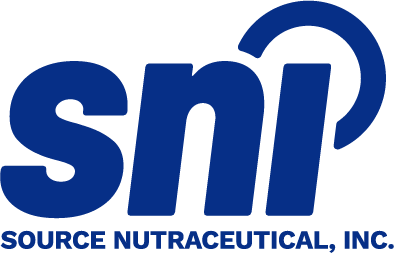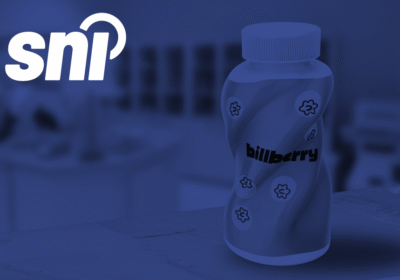The Federal Trade Commission in the U.S. recently caught the attention of nearly 700 companies after sending them warning letters (known as penalty offenses) due to unsubstantiated product claims.
MOST OF THE COMPANIES ARE: Dietary Supplements, Homeopathic Products, Functional Foods, as well as some Pharmaceuticals
What Happens When a Brand Receives an FTC Penalty Offense?
The FTC’s main role is to enforce laws and promotion of consumer protection, including advertising (which applies to online marketing).
Companies that received penalty offenses are considered to be officially reminded (in the public domain) that they could incur penalties if they fail to support their product claims going forward.
According to an FTC press release, the FTC would not hesitate to use its authority to target violators with large civil penalties.
Those that continue to violate the laws can be subject to fines of up to $50,120 USD per violation.
What Types of Claims Were Brands Making?
The April 2023 notice specifically focused on product claims, including health claims. As stated in the press release:
“The notices outline specific unlawful acts and practices, including failing to have: 1) a reasonable basis consisting of competent and reliable evidence for objective product claims; 2) competent and reliable scientific evidence to support health or safety claims; and 3) at least one well-controlled human clinical trial to support claims that a product is effective in curing, mitigating, or treating a serious disease. The unlawful acts or practices also include: 1) misrepresenting the level or type of substantiation for a claim, and 2) misrepresenting that a product claim has been scientifically or clinically proven.”
How Can Brands Stay Compliant?
Whether your company was one of the 670 to be put on notice, or you want to protect from legal ramifications that would erode brand trust, claim validation is key to compliance!
All brands and advertisers selling dietary supplements and foods in the U.S. should be familiar with the FTC’s Health Products Compliance Guidance. It contains detailed instructions for:
- Being truthful and not misleading
- Understanding the difference between express and implied claims
- Preventing phrasing that could mislead or change due to context
- When to disclose qualifying information
- How to prevent an ad from being deceptive (even unintentionally)
- The level of scientific substantiation required for different products and types of claims




